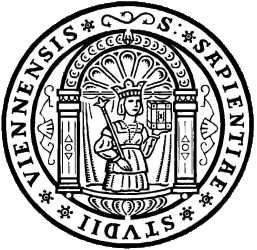
„Performers, based on their well-trained skills, and well-formed habits (which involve a heedful flexibility rather than automaticity or repetitiveness) are able to move beyond controlled engagement to the point of not-knowing (embracing a kind of uncertainty or surprise) about what precisely will happen—letting the system (brain-body-environment) move in unpredictable, surprising ways—without a prediction of what happens next. What happens next is that brain-body-environment couple in a novel way—they join forces to enact something unpredictable—they create cortical patterns, and behaviors, and new affordances that are unique to each event. Enactivism explains the possibility of breaking habits (declining usual affordances, resisting predictions) across the various timescales of performance, generating higher degrees of uncertainty about what will happen.” (Gallagher 2022, p 8)
Although the above quote is about improvisation, it offers important insights into an alternative perspective on innovation. Instead of understanding innovation as a purely brain-bound activity that is based on extrapolating past routines and knowledge, this text invites us into a somewhat paradoxical situation: on the one hand, to make use of our well-formed habits that do not primarily mean blind automatic responses and repetition, but that enable us to be adaptive and open to coping sovereignly with uncertainty, unpredictability and unfamiliar situations. On the other hand, it suggests to let go of control and prediction and to engage in interacting with an unfolding reality, as in a dance. In such an act, we enact both our world and our mind in a co-creative manner. This is achieved by making use of potentials that are continuously unfolding and emerging in a process of transforming possibles into actuals. Novelty is created by establishing new affordances and patterns of interaction. Innovation becomes an emergent process (Peschl 2020) that is driven by future potentials in the environment rather than by our own pre-defined (past) ideas.
Gallagher, S. (2022). Surprise! Why enactivism and predictive processing are parting ways: The case of improvisation. Possibility Studies & Society 0(0), 1–10. | https://doi.org/10.1177/27538699221132691
Peschl, M.F. (2020). Theory U: From potentials and co-becoming to bringing forth emergent innovation and shaping a thriving future. On what it means to “learn from the future as it emerges”. In O. Gunnlaugson and W. Brendel (Eds.), Advances in Presencing, pp. 65–112. Vancouver: Trifoss Business Press. | https://homepage.univie.ac.at/franz-markus.peschl/wp-content/uploads/2021/04/Peschl-2020-Theory-U_-From-potentials-and-co-becoming-to-bringing-forth-emergent-innovation.pdf

